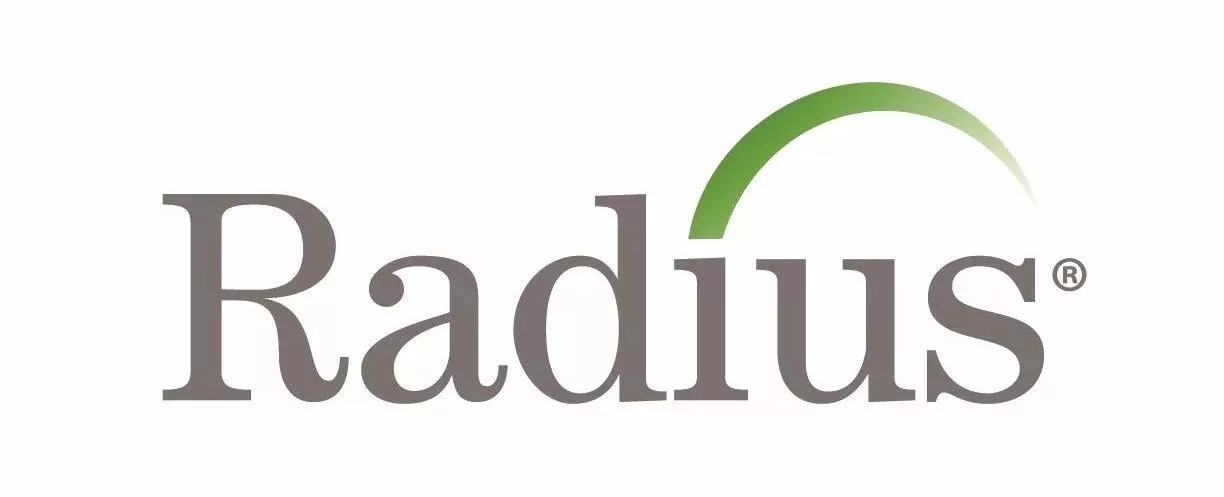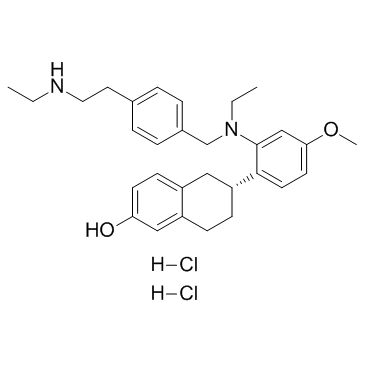For advanced breast cancer, the latest data released in the new drug research
December 11, 2017 Source: WuXi PharmaTech
Window._bd_share_config={ "common":{ "bdSnsKey":{ },"bdText":"","bdMini":"2","bdMiniList":false,"bdPic":"","bdStyle":" 0","bdSize":"16"},"share":{ }};with(document)0[(getElementsByTagName('head')[0]||body).appendChild(createElement('script')) .src='http://bdimg.share.baidu.com/static/api/js/share.js?v=89860593.js?cdnversion='+~(-new Date()/36e5)];Radius Health recently released the latest data from Phase 1 005 clinical studies using an oral selective estrogen receptor degrading agent (SERD) elacestrant (RAD1901) to treat estrogen receptor-positive (ER +) breast cancer patients. The study data was published in 2017 at the San Antonio Breast Cancer Symposium (SABCS) (Abstract 1410). Elacestrant recently received the FDA-issued Fast Track Designation.

Breast cancer is one of the most common forms of cancer in the United States. According to estimates by the National Cancer Institute (NCI), approximately 252,710 women will be diagnosed with breast cancer in 2017, of which 40,610 will die of the disease. Estrogen receptor positive, HER2 negative (ER+/HER2-) is the most common form of breast cancer.
Elacestrant is a selective estrogen receptor degrading agent that is being evaluated as a potential once-daily oral drug for the treatment of hormone receptor-positive breast cancer. Elacestrant is currently investigating patients with advanced breast cancer who are estrogen receptor-positive and HER2-negative. Studies to date have shown that this compound has the potential to be used as a monotherapy or in combination with other therapies for the treatment of breast cancer.

â–²Elacestrant's molecular structure (Source: Baidu Pictures)
In the first phase clinical trial of Elacestrant's dose escalation and expansion cohort, 40 patients received a 400 mg dose. All study participants were extensively pre-treated with ER+, HER2-advanced breast cancer patients who had previously received a median of three median therapies with measurable advanced or metastatic disease. Of the patients enrolled, 22 patients met the RECIST measurable disease criteria at baseline, and 6 patients in this group demonstrated partial remission. Elacestrant is well tolerated and the most common adverse reactions are low nausea, indigestion and vomiting.
The latest data from the Phase 1 clinical study of FES PET 106 in Europe has also been published and confirmed that elacestrant can reduce the uptake of 18F-FES in patients with advanced ER+ breast cancer who have previously entered endocrine therapy (representing estrogen receptors) content). Reducing FES uptake supports further clinical development of elacestrant dose selection, similar to patients carrying mutant or wild-type ESR-1. Three preclinical abstracts that further demonstrate elacestrant as a target therapy for monotherapy and other drug combinations will also be published on SABCS.
Dr. Aditya Bardia, MD, director of precision medicine at the Breast Cancer Center at the Massachusetts General Hospital Cancer Center, commented: "The clinical activity observed in a large number of pre-treated advanced patient populations is very encouraging for hormone receptors. For patients with positive breast cancer, further treatment development is necessary."

â–² Dr. Gary Hattersley, Chief Scientific Officer of Radius (Source: Radius Official Website)
“As the disease progresses, patients undergo cyclic therapy and generally do not repeat treatment options and limit treatment options. We are pleased to have the ability to provide new treatment options for patients who have progressed or relapsed under current treatment criteria.†Radius Chief Science Dr. Gary Hattersley said: "Radius is committed to providing and developing the next generation of hormone therapy options for breast cancer patients as a single drug and combination therapy."
Radius plans to launch a potentially critical study in early 2018 to investigate the clinical trial of elacestrant monotherapy in women with advanced or metastatic ER+/HER2- breast cancer. We look forward to the next clinical trial of this new drug, which will bring hope for the recovery of patients with advanced breast cancer.
Reference materials:
[1] Radius Investigational Drug Elacestrant (RAD1901) Continues to Show Promise in Advanced ER+ / HER2- Breast Cancer at the 2017 San Antonio Breast Cancer Symposium
[2] Radius official website
Protecting Liver Plant Extract,Silymarin Powder,Silymarin Extract,Silymarin Extract Powder
Youth Biotech CO,. Ltd. , https://www.youtherb.com